Western movies have long been a staple of Hollywood, and few names are as synonymous with the genre as John Wayne and Clint Eastwood. But did you know that behind the scenes, there was a simmering feud between these two titans of the silver screen? It turns out, this town ain’t big enough for the both of ’em.
While both actors achieved unparalleled success in their careers, their paths rarely crossed, and when they did, sparks flew. Let’s delve into the fascinating world of Hollywood egos and uncover why John Wayne flat-out refused to work with Clint Eastwood.
John Wayne and Clint Eastwood Western Feud
The Rise of John Wayne
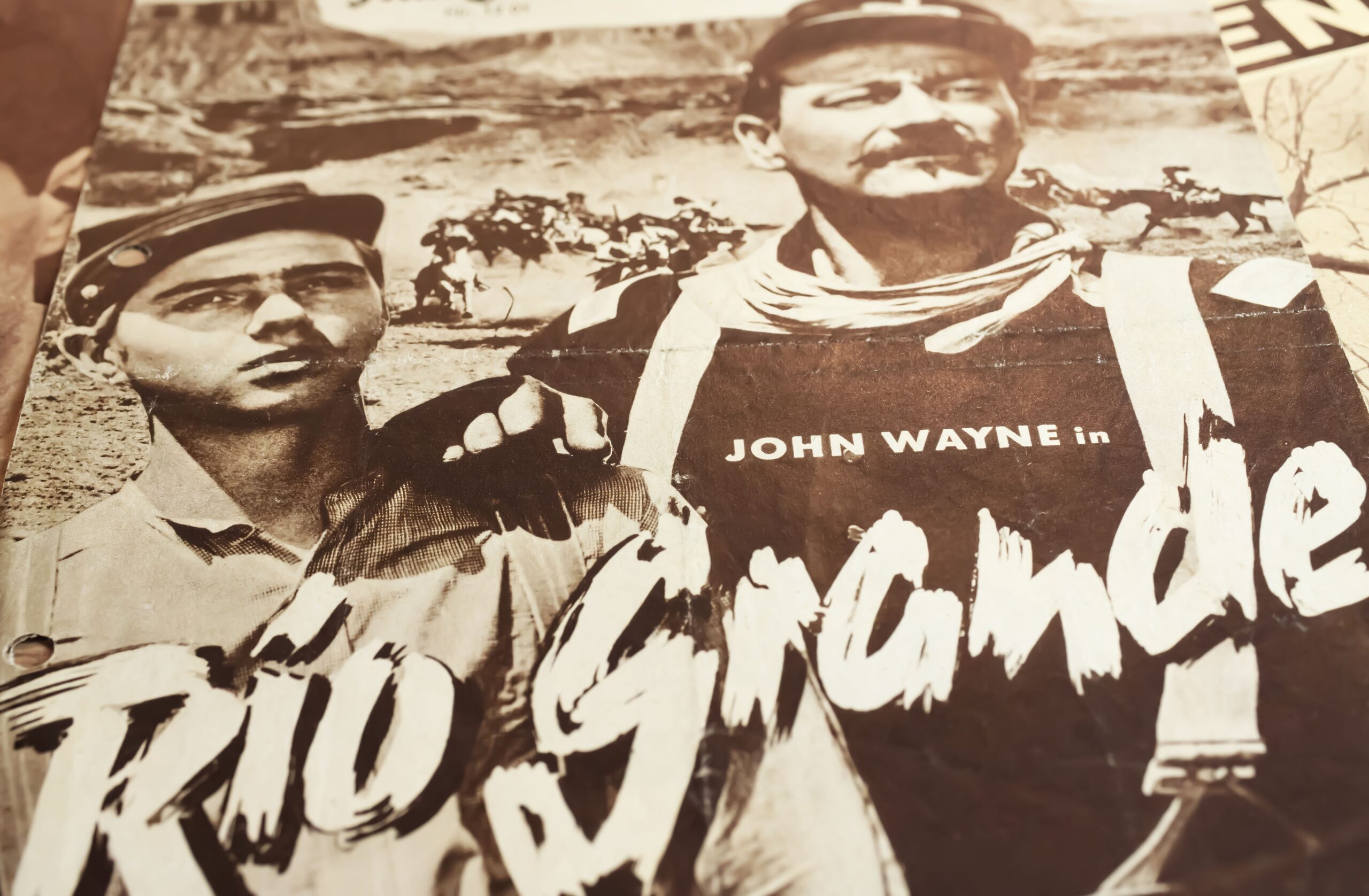
John Wayne wasn’t just an actor; he was the epitome of the American cowboy, a symbol of rugged masculinity and unyielding courage. Born Marion Morrison, Wayne’s transformation into the larger-than-life figure we know today is the stuff of Hollywood legend. His breakout role in “Stagecoach” catapulted him to stardom, and he never looked back. Wayne’s influence extended beyond the silver screen; he became a cultural icon, embodying the values of a bygone era. His presence in films like “True Grit” and “The Searchers” reinforced his status as a staple of American cinema.
Off-screen, Wayne was also known for his patriotic fervor and his outspoken political views, which further cemented his legacy as a symbol of American strength and resilience. His impact is still felt today, as he remains a timeless figure representing the spirit of the Wild West and the classic American hero.
The Western Genre’s Champion
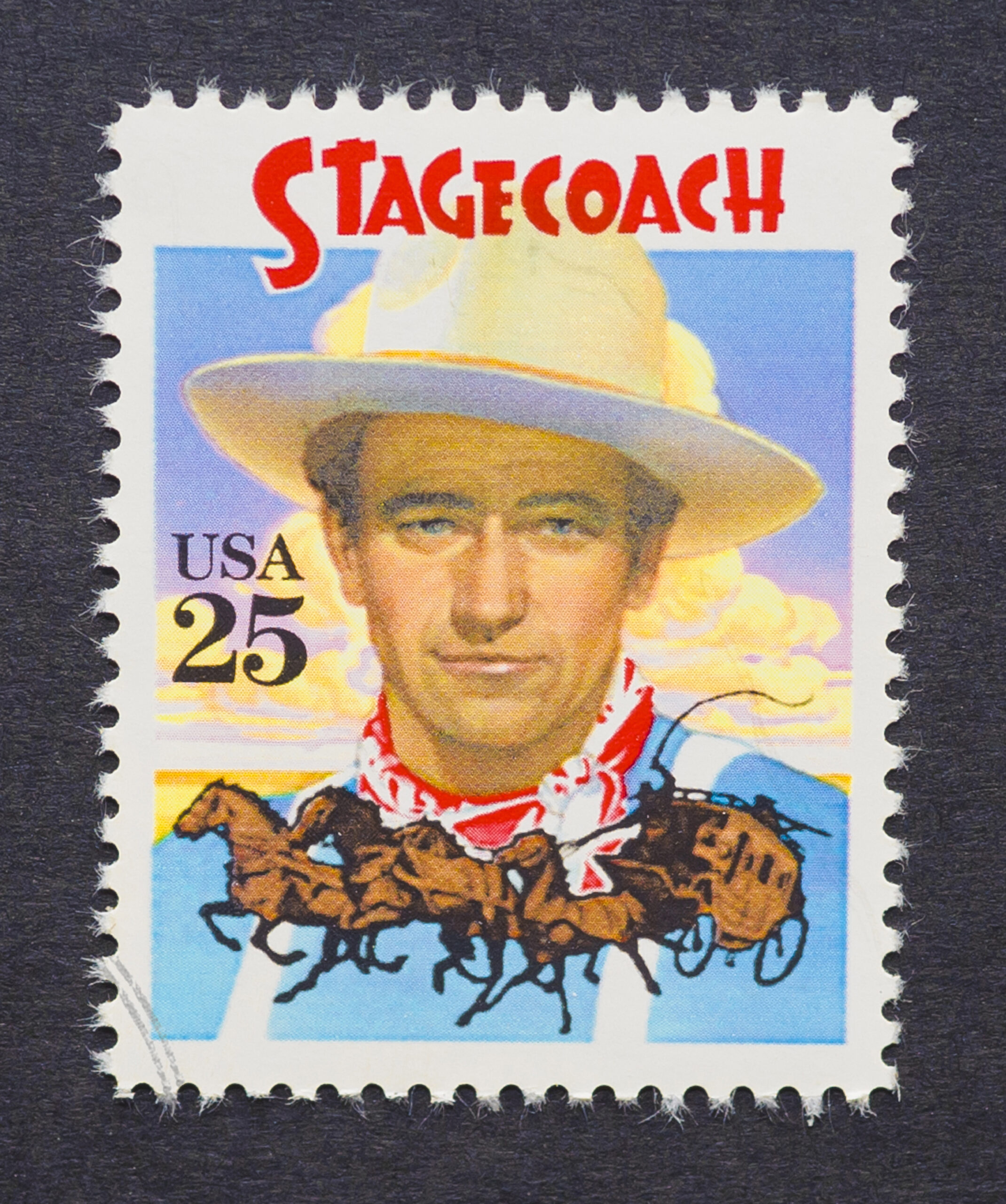
Wayne’s contribution to the Western genre cannot be overstated. From His films set the standard for what a Western should be. But it wasn’t just his acting prowess that made him a legend; it was his unwavering commitment to authenticity. Wayne lived and breathed the cowboy lifestyle, immersing himself in every role with a dedication that few could match. His dedication paid off, earning him countless accolades and a permanent place in cinematic history.
Beyond his film roles, Wayne was deeply involved in the production process, often working closely with directors to ensure that every detail of his films reflected the true spirit of the West. He also mentored younger actors, passing on his knowledge and passion for the genre. His influence extended into popular culture, inspiring countless books, documentaries, and even a museum dedicated to his life and work.
John Wayne’s legacy is a testament to his extraordinary talent and his enduring impact on the Western genre and American cinema as a whole.
A Legacy That Endures
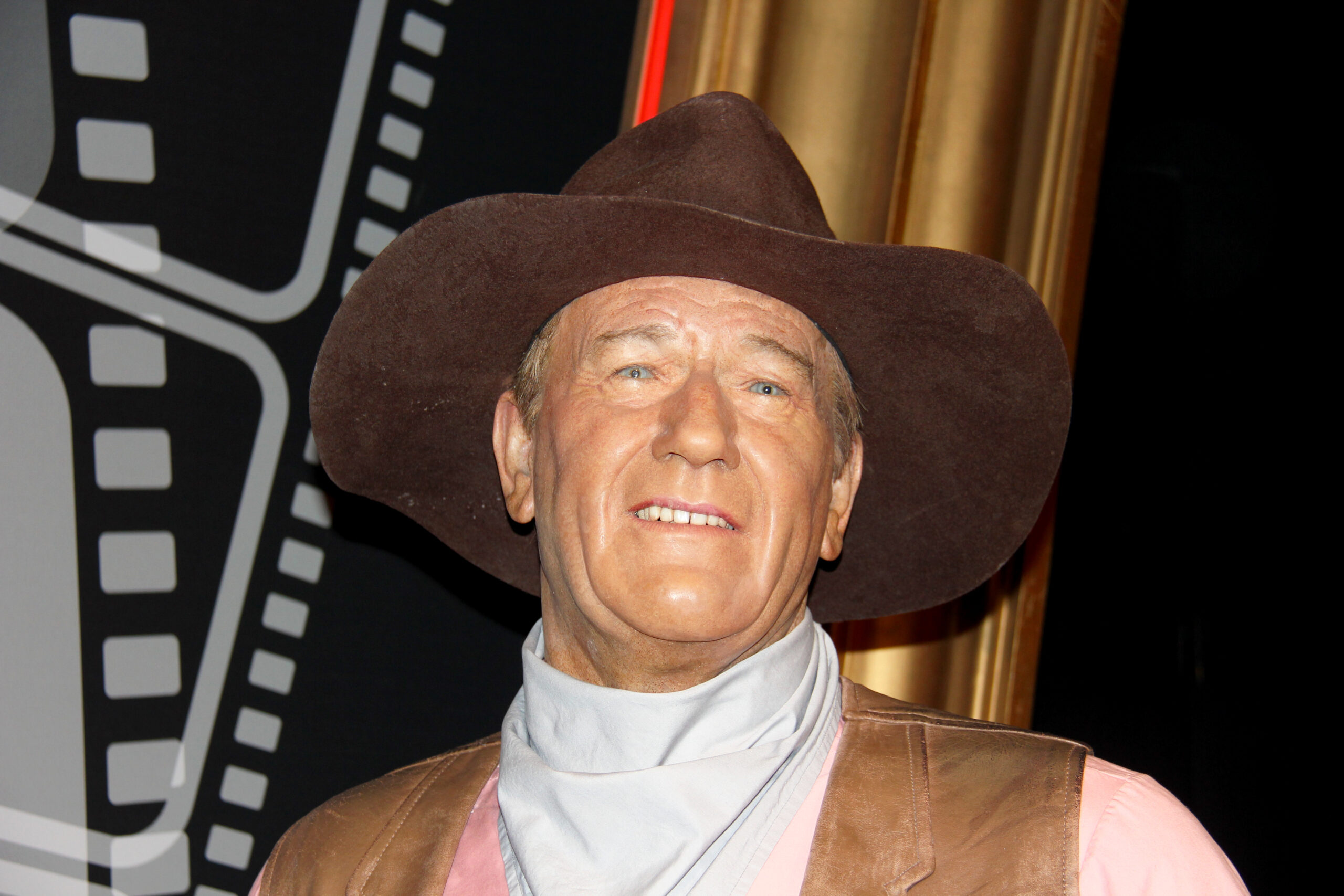
Even decades after his passing, John Wayne’s legacy continues to loom large over Hollywood. His films remain timeless classics, beloved by audiences around the world. But perhaps his greatest legacy is the inspiration he provided to future generations of actors. From Tom Selleck to Kurt Russell, countless performers have cited Wayne as a major influence on their careers. His impact on the industry is undeniable, shaping the Western genre for generations to come. Beyond his influence on actors, Wayne’s presence is felt in the broader scope of film-making.
Directors and writers have often drawn from his body of work, infusing their own projects with the essence of his characters. His portrayals of honor, bravery, and rugged individualism continue to resonate, serving as benchmarks for character development in cinema. Additionally, Wayne’s cultural impact extends to various forms of media, including television, literature, and even video games, where the archetype of the lone, valiant cowboy remains a powerful motif. John Wayne’s enduring legacy is a testament to his remarkable talent and the indelible mark he left on the world of entertainment.
Clint Eastwood’s Emergence
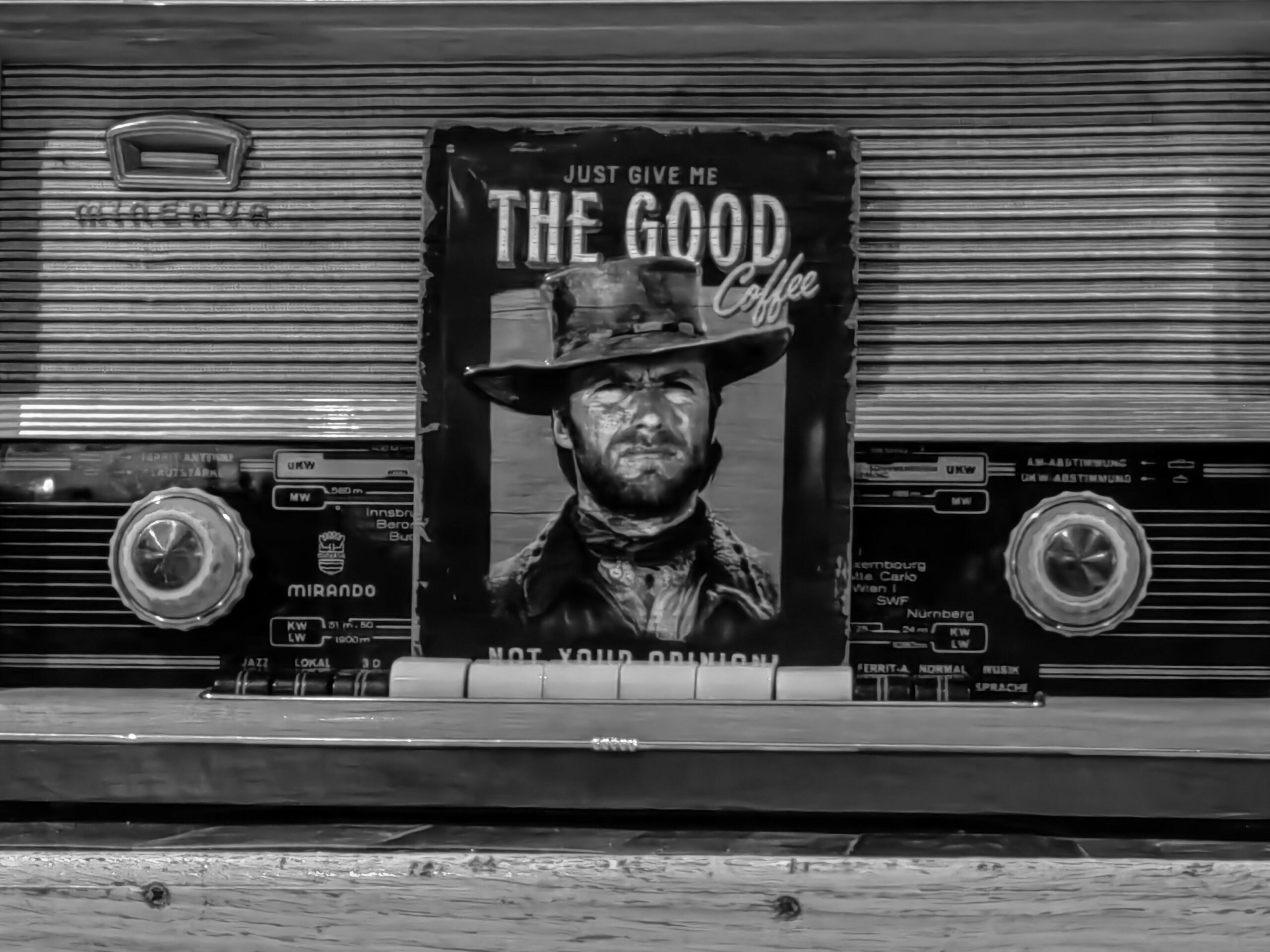
Clint Eastwood’s journey to Hollywood superstardom was unconventional, to say the least. Starting out as a bit player in forgettable B-movies, few could have predicted the heights he would eventually reach. It wasn’t until he landed the role of Rowdy Yates in the TV series “Rawhide” that Eastwood’s career gained traction. But it was his collaboration with director Sergio Leone on the “Dollars Trilogy” that catapulted him to international fame. These films, characterized by their gritty realism and Eastwood’s stoic performances, redefined the Western genre and established him as a leading man.
Following this success, Eastwood continued to diversify his roles, taking on characters that showcased his range and depth as an actor. His portrayal of the tough, no-nonsense cop in the “Dirty Harry” series further solidified his status as a Hollywood icon. Eastwood didn’t stop at acting; he also made significant contributions as a director, with critically acclaimed films such as “Unforgiven” and “Million Dollar Baby,” both of which earned him Academy Awards.
His evolution from a struggling actor to a multifaceted filmmaker is a testament to his talent, perseverance, and enduring influence on the film industry.
The Birth of a Hollywood Icon
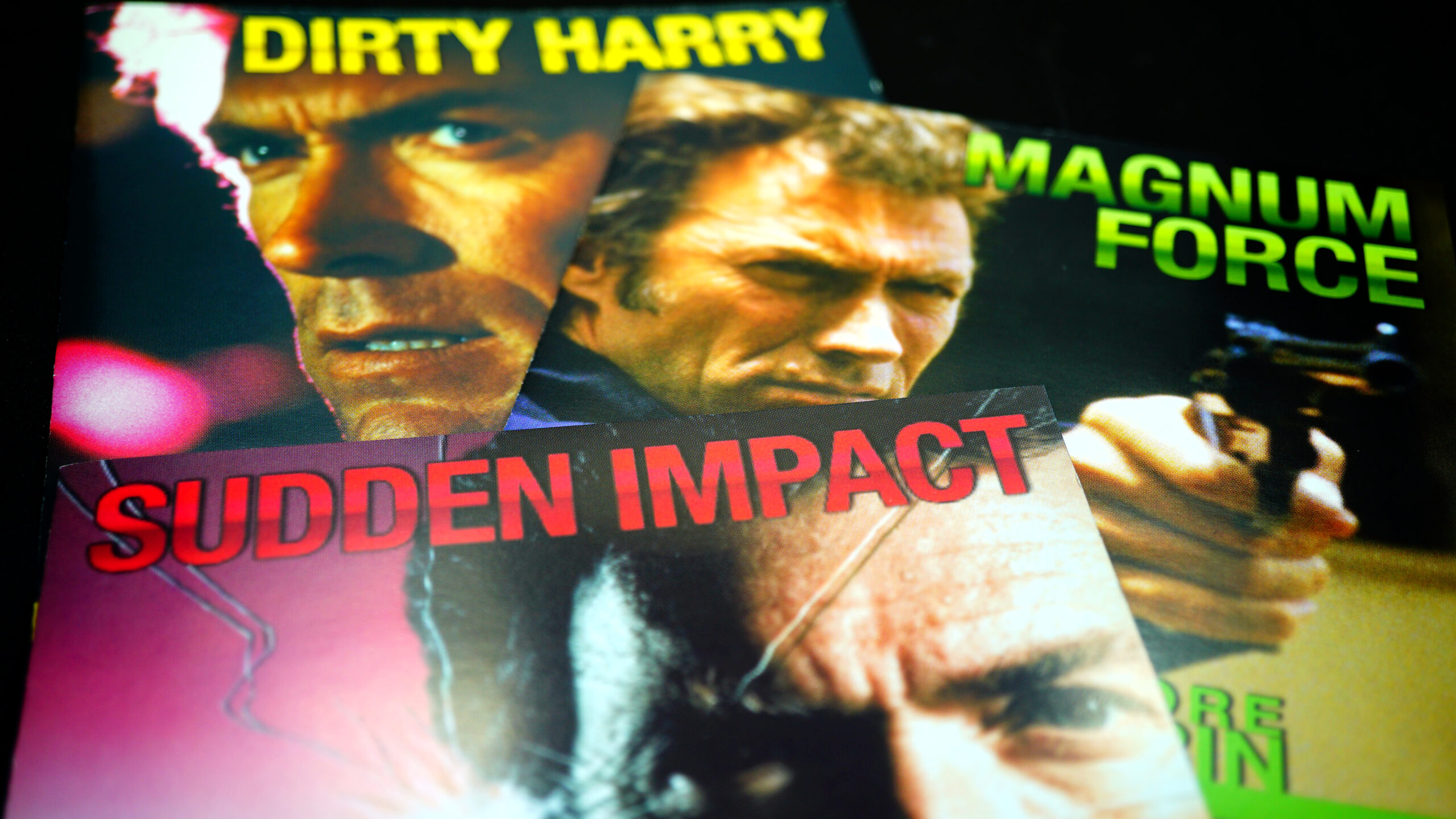
With his steely gaze and stoic demeanor, Clint Eastwood embodied a new kind of hero for a changing America. Unlike the clean-cut, all-American image of John Wayne, Eastwood’s characters were often morally ambiguous, reflecting the complexities of the modern world. Whether he was playing the enigmatic Man with No Name or the no-nonsense Dirty Harry, Eastwood brought a level of nuance and depth to his roles that set him apart from his contemporaries. His performances were marked by a subtle intensity, capturing the audience’s attention without the need for grand gestures.
Eastwood’s heroes were flawed, human, and relatable, resonating with viewers who saw the changing tides of society reflected in his characters. Beyond his acting, Eastwood’s work as a director further cemented his reputation for storytelling that embraced life’s gray areas. Films like “Gran Torino” and “Mystic River” showcased his ability to tackle difficult themes with sensitivity and insight.
Eastwood’s career is a testament to his skill in portraying the intricacies of human nature, making him a timeless figure in Hollywood whose influence continues to inspire new generations of actors and filmmakers.
A Renaissance Man
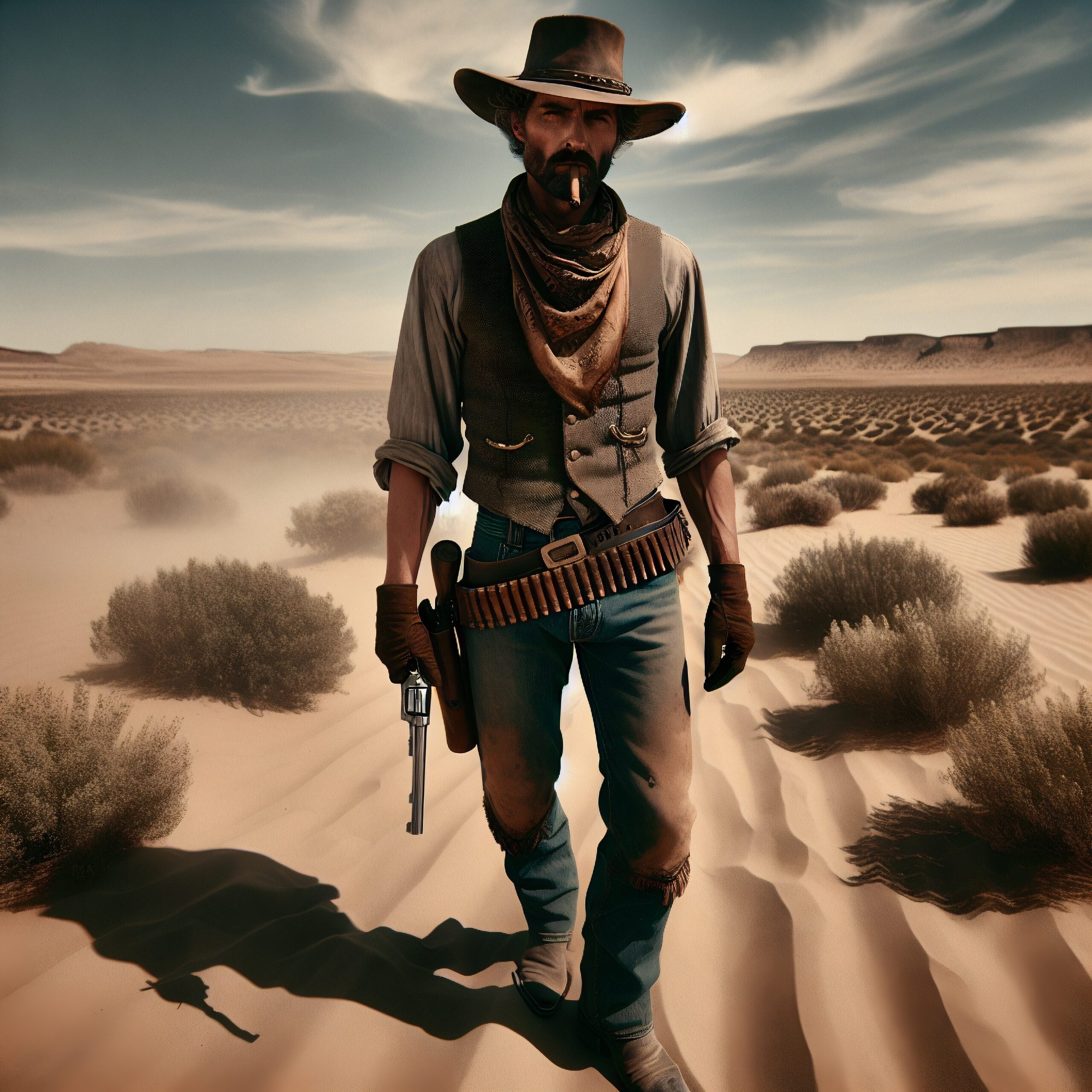
But Eastwood’s talents weren’t limited to acting; he soon proved himself as a formidable director and producer as well. Films like “Unforgiven” and “Million Dollar Baby” showcased his mastery behind the camera, earning him critical acclaim and multiple Academy Awards. These films not only demonstrated his keen eye for storytelling but also his ability to draw out powerful performances from his actors. Eastwood’s versatility as both an actor and filmmaker solidified his status as a Hollywood icon, ensuring his place in cinematic history alongside legends like John Wayne.
His directorial work often tackled complex moral and social issues, reflecting his deep understanding of human nature and the world around him. Eastwood’s success in both acting and directing has made him a unique and influential figure in the industry, one whose contributions continue to shape the landscape of modern cinema. His enduring legacy is marked by a commitment to excellence and an unwavering dedication to his craft, inspiring countless filmmakers and actors to follow in his footsteps.
The Alleged Feud
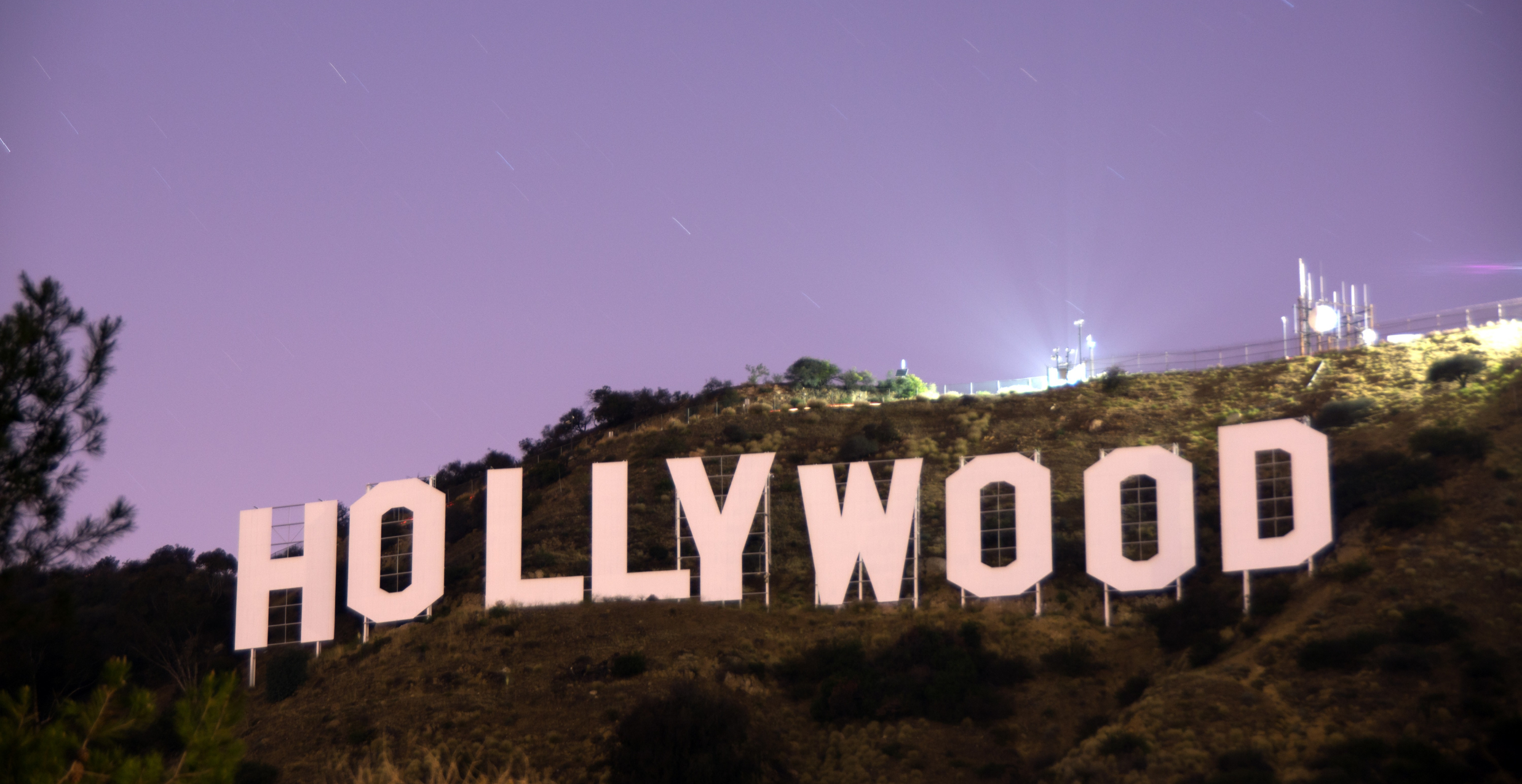
In the glitzy world of Hollywood, where egos clash and rivalries simmer beneath the surface, the alleged feud between John Wayne and Clint Eastwood stands as one of the industry’s most enduring mysteries. While both actors achieved unparalleled success in the Western genre, their paths rarely crossed on-screen. But behind closed doors, rumors swirled of a simmering animosity fueled by jealousy and professional rivalry.
So, what exactly caused John Wayne to flat-out refuse to work with Clint Eastwood? Let’s peel back the curtain and delve into the juicy details. Some say it was Wayne’s disdain for Eastwood’s gritty, morally ambiguous characters, which contrasted sharply with Wayne’s portrayal of the noble, all-American hero. Others speculate that Wayne felt threatened by Eastwood’s rising star, fearing it might overshadow his own legendary status. Despite their differences, both actors left an indelible mark on the Western genre, albeit from opposing ends of the spectrum.
Wayne’s traditional, larger-than-life personas and Eastwood’s brooding, complex characters each carved out their unique place in cinematic history. Understanding their feud offers a fascinating glimpse into the dynamics of Hollywood, where competition can often lead to tension, even among the industry’s greatest icons.
Historical Context
John Wayne and Clint Eastwood represented two distinct eras in Hollywood history. Wayne, the quintessential cowboy of the Golden Age, symbolized traditional values and old-fashioned heroism.
In contrast, Eastwood emerged as a rebel of sorts, challenging the status quo with his gritty portrayals of antiheroes and outlaws. Their contrasting styles and personas set the stage for a clash of egos that would reverberate throughout Tinseltown for decades to come.
Whispers and Speculation
The alleged feud between Wayne and Eastwood was the subject of much speculation among Hollywood insiders and fans alike. While some attributed it to professional jealousy, others pointed to personality clashes and differences in acting philosophy. Regardless of the root cause, one thing was clear: whenever the topic arose, tensions ran high, and neither actor was inclined to mince words.
Wayne’s Disapproval
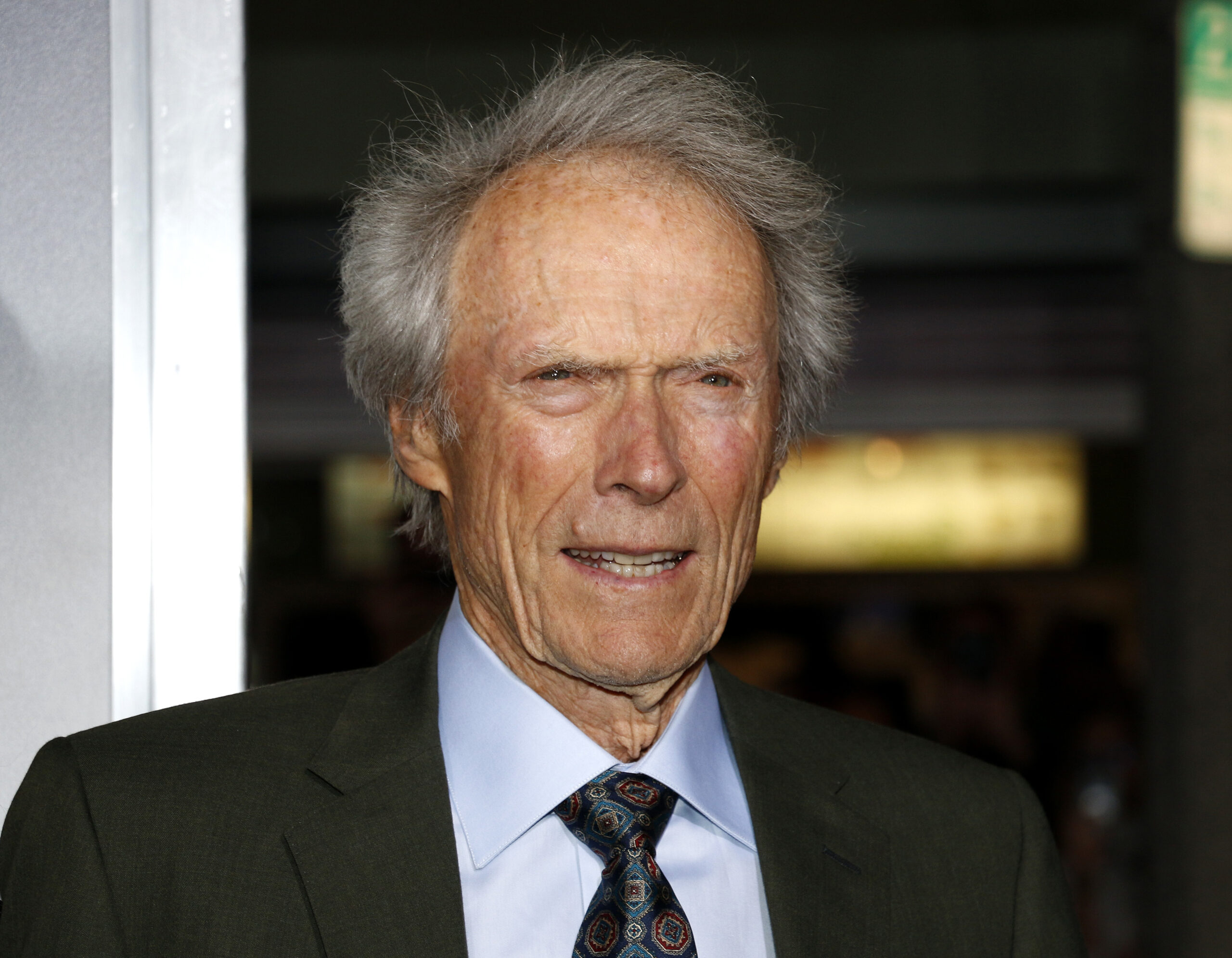
John Wayne’s disdain for Clint Eastwood’s acting style was no secret. In Wayne’s eyes, Eastwood represented everything he despised about the modern Hollywood machine: a lack of respect for tradition, an overemphasis on grittiness and realism, and a tendency towards moral ambiguity. While Wayne’s criticisms may have been valid to some extent, they also betrayed a deep-seated fear of being overshadowed by the next generation of stars.
A Clash of Titans
The rift between Wayne and Eastwood came to a head when the two were offered the opportunity to work together on a high-profile Western project. Wayne, ever the traditionalist, flat-out refused to share the screen with Eastwood, citing creative differences and a lack of respect for his younger counterpart’s talents. The decision sent shockwaves through Hollywood and effectively ended any chance of a reconciliation between the two actors.
Unraveling the Mystery
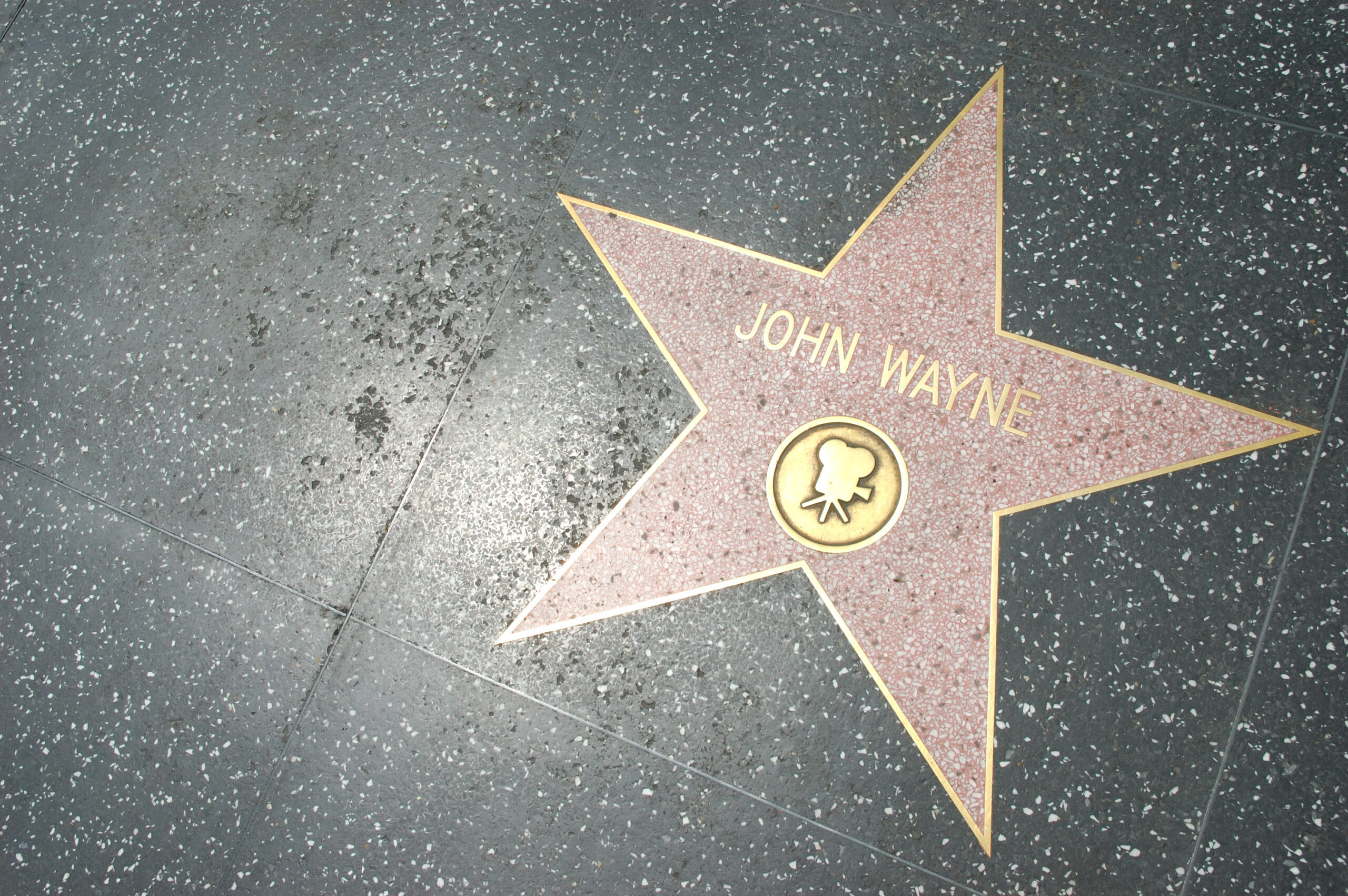
While the exact reasons behind John Wayne’s refusal to work with Clint Eastwood may never be fully understood, one thing is clear: their alleged feud speaks to the larger tensions simmering beneath the entertainment industry’s surface.
Egos clash, rivalries form, and legends are born, but ultimately, the stories behind the headlines captivate audiences and keep them coming back for more. So, the next time you immerse yourself in a classic Western film, remember the untold drama lurking beneath the surface.

